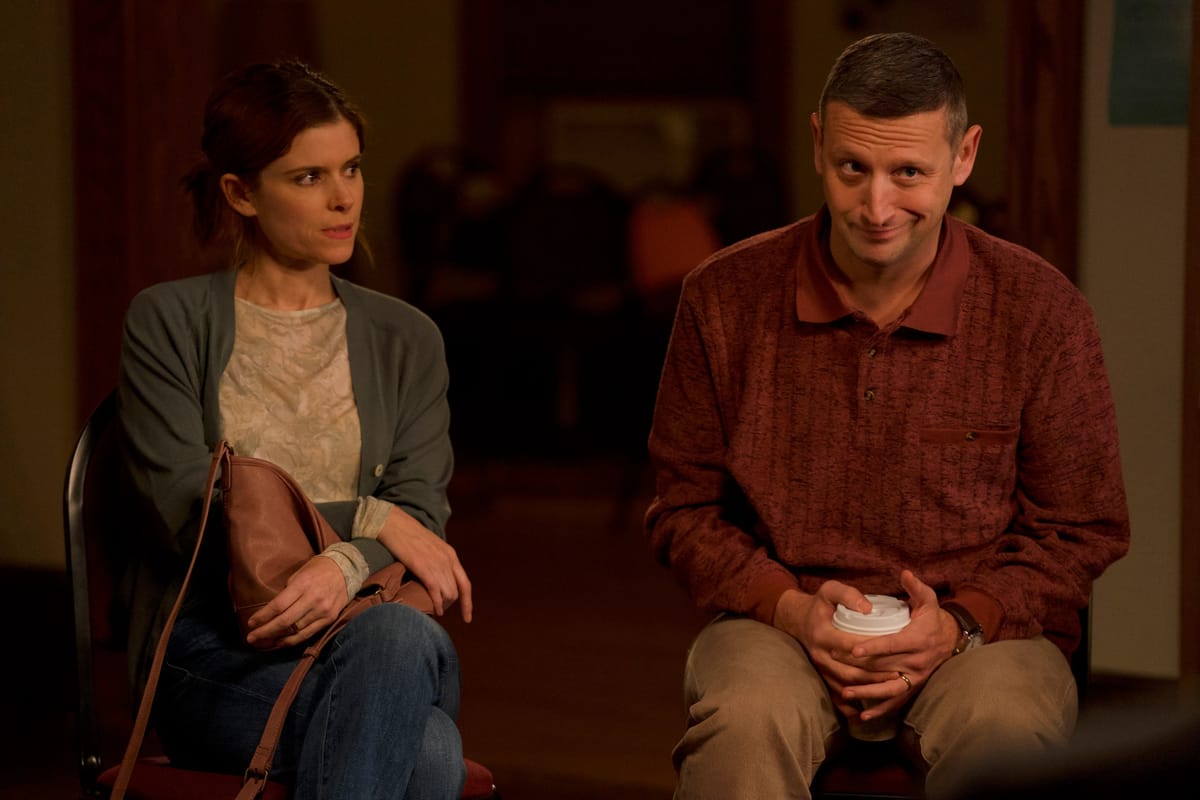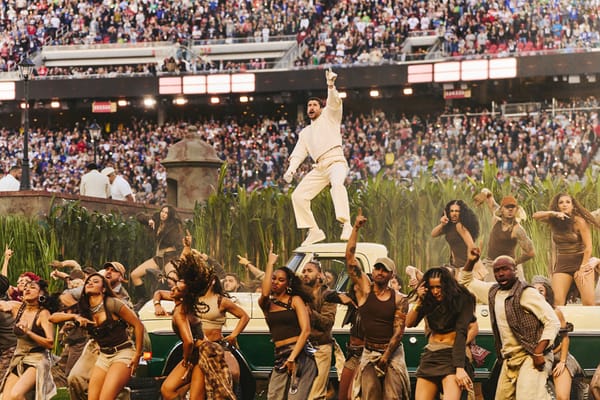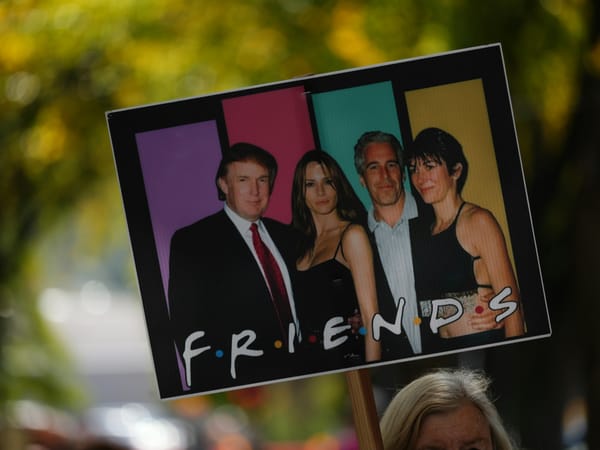Anxiety is the Cinematic Spirit of the 2020s
Artists like Nathan Fielder and Tim Robinson are playing out our social fears on the screen, and the results are equal parts hilarious and disturbing.

More than halfway through the 2020s, the major developments in the cinematic and television landscape seem to have more to do with what has crumbled than what has been built. A pandemic and two massive strikes have helped bring many of the cinematic empires of the 2010s to their knees. Pessimists can view this as a slow, painful death of cinematic artistry; optimists can view it as the collapse of a hegemonic system that now gives an opportunity for an artist-driven indie boom like those of the late ‘60s and early ‘90s. But amongst all this attention paid to the decay of previous artistic trends and the infrastructure around them, there are still new movements springing forth from today’s atmosphere. In this article I want to focus on one of them: a movement that I believe is quite original, deeply tied to our current zeitgeist, and artistically fascinating. I call it anxiety cinema.
The central character of anxiety cinema is, unsurprisingly, an intense expression of common anxiety. More of its texture might best come through in detailing some of the movement’s major works and figures. One of the foremost pioneers of anxiety cinema is Nathan Fielder, and his HBO series The Rehearsal is one of the movement’s exemplars. Fielder plays a version of himself on the show (how close his onscreen persona is to the real Nathan is incredibly difficult to tell) who has developed a method to aimed at eliminating all the stresses and uncertainties of life: rehearse events in as accurate a simulation as possible so that one can master all the possibilities of a scenario before it happens. The accuracy of the simulation is something Fielder goes to absurd lengths to heighten; the pilot episode sees his crew building a life-size replica of a Brooklyn trivia bar, and that is rather tame compared to some of the show’s later endeavors. As the show goes on the magnitude of the anxieties Nathan acts out in his rehearsals becomes overwhelming, and even more disturbing are the ethical boundaries the show muddies and appears to cross at times. Throughout the first season there is the ever-lingering sense that Nathan is taking the real problems of real people and making them objects of ridicule on TV, and in the Season 1 finale Nathan faces the crisis of having a 6-year-old actor with whom he had rehearsed raising a child become attached to him as a real father figure.




